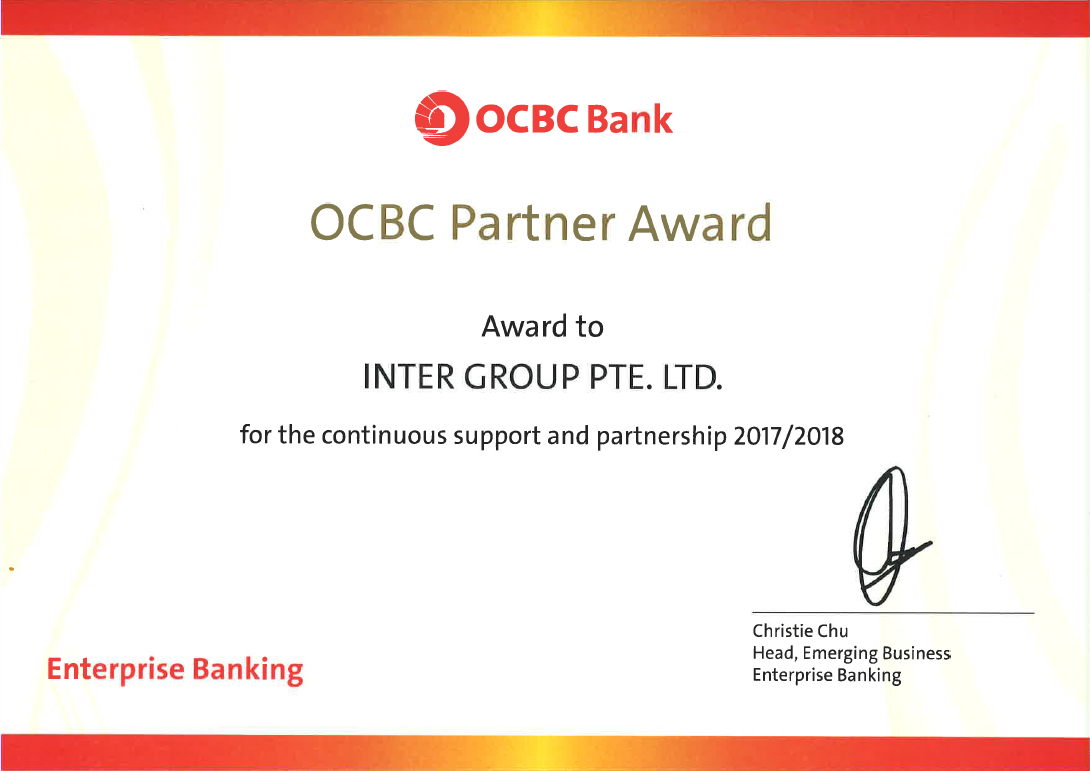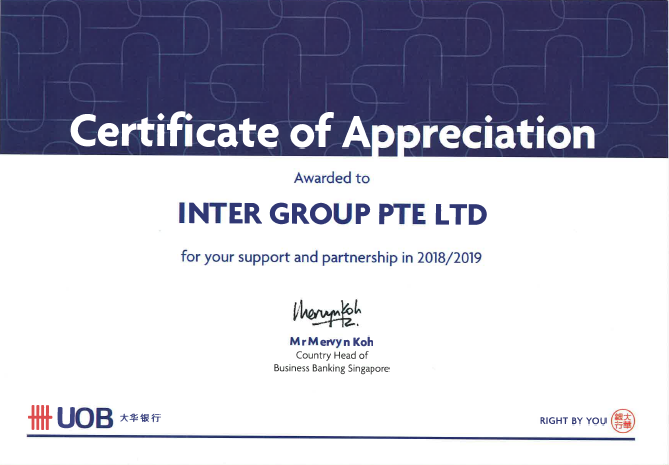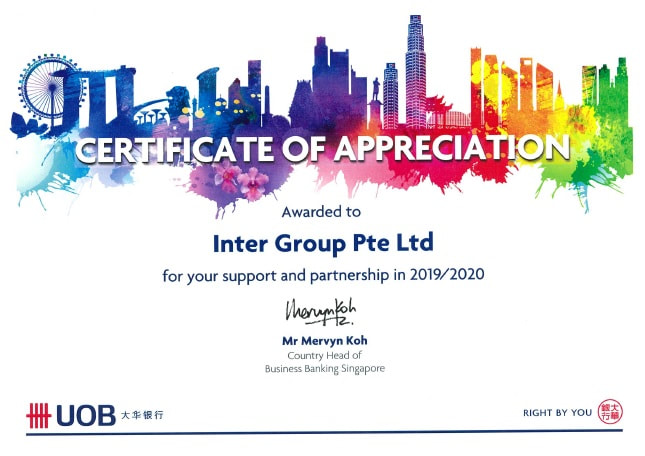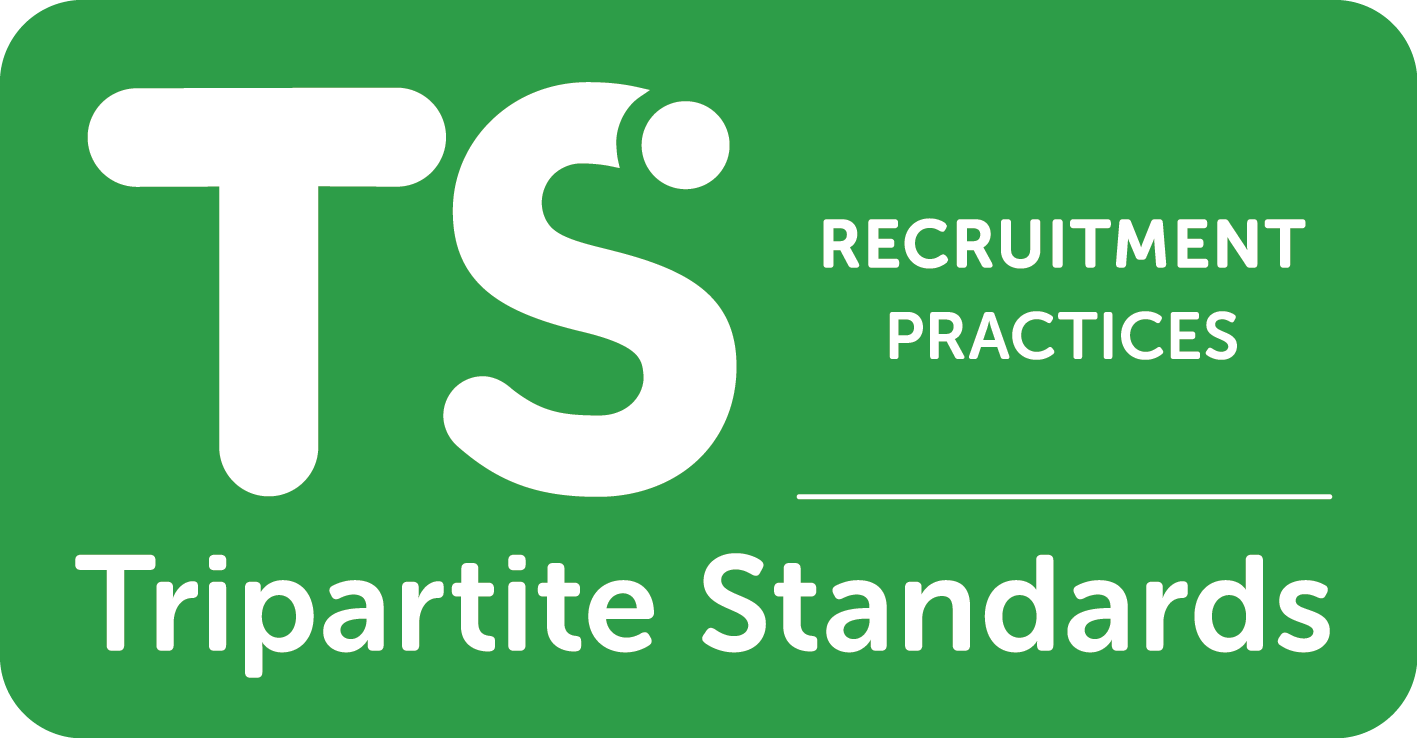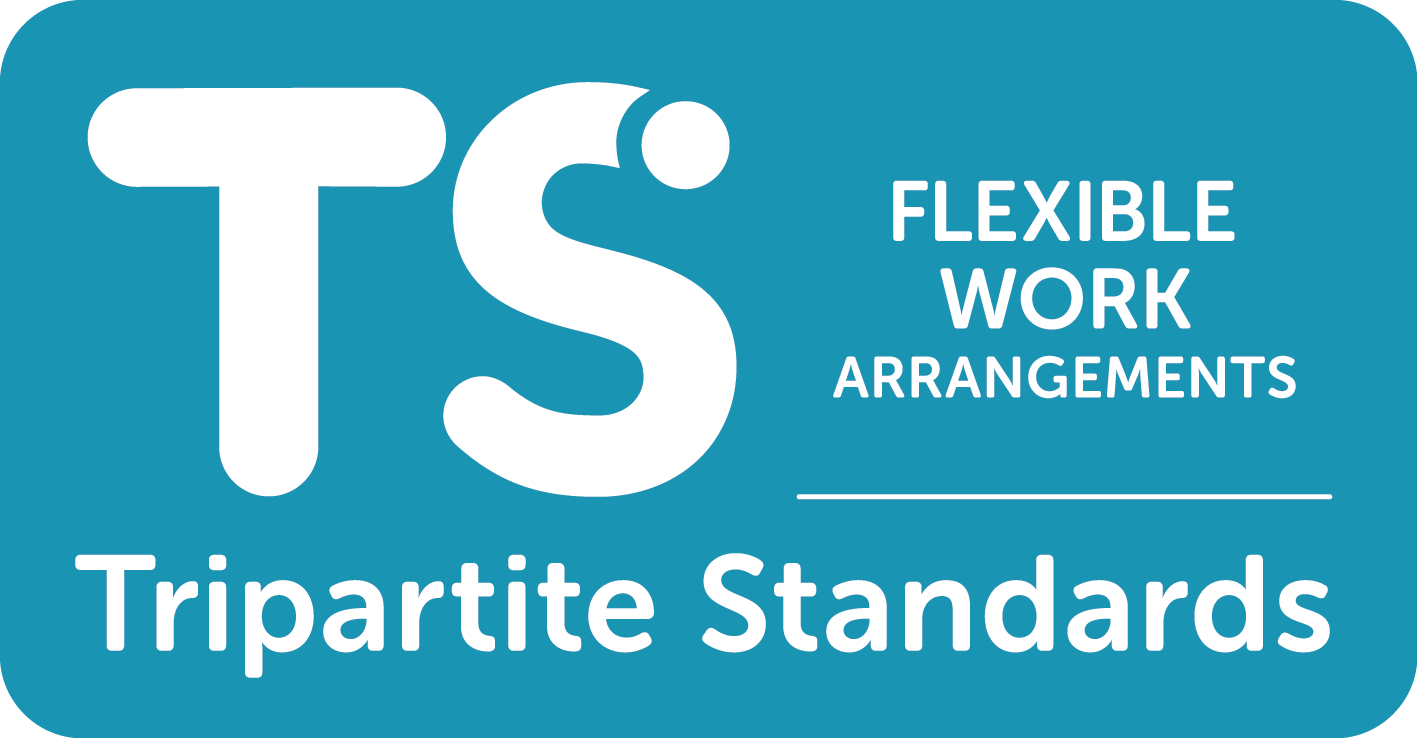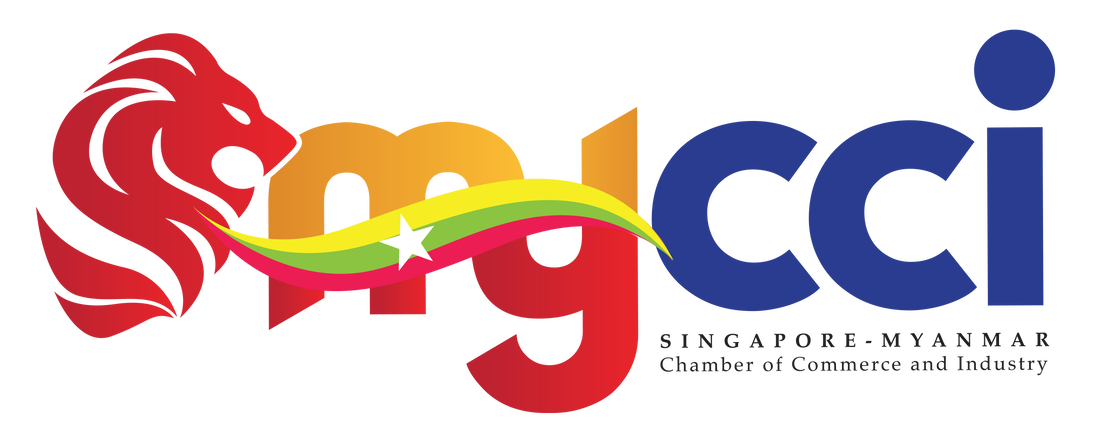In 2005, the Singapore government introduce the Start-up Tax Exemption (SUTE) Scheme for newly-registered start-ups to spur entrepreneurship and to help local enterprises grow. Through this scheme, start-ups can enjoy full tax-exemptions on the first S$100,000 of chargeable income for the first 3 consecutive YAs, provided they satisfy the following requirements:
- The start-up must be registered in Singapore
- The start-up must be a corporate tax resident in Singapore for the corresponding YA
- The start-up must not have more than 20 shareholders during the YA
Unfortunately, property and investment holding companies will not be eligible. Those that qualify, simply need to fill out the necessary sections of the Estimated Chargeable Income form as well as the income tax return.
Partial Tax Exemptions
Companies that do not meet the qualifying requirements for SUTE would still be eligible for partial tax exemption. Those that qualify for this can get up to 75% on the first S$10,000 normal chargeable income and 50% on the next S$290,000 normal chargeable income.
Corporate Income Tax Rebate for YAs 2016 to 2017
During the Singapore Budget 2016 – Measures for Businesses, it was announced that the tax rebate for Corporate Income to increase from 30% to 50% of tax payable for YAs 2016 to 2017; capped at S$20,000 per YA. This increase in tax rebate seeks to assist companies in Singapore especially small and medium-sized enterprises (SMEs) to restructure amidst the current economic climate.
If you would like to know whether your company is eligible for the above mentioned exemptions or would like to find out more, engaging a professional service provider like us is your best solution. Our tax consultants will be able to advise you on the eligibility criteria to qualify for the exemptions, at the same time, take care of other tax obligations so that you will not be penalised for late filing or failure to meet taxation related compliance.

